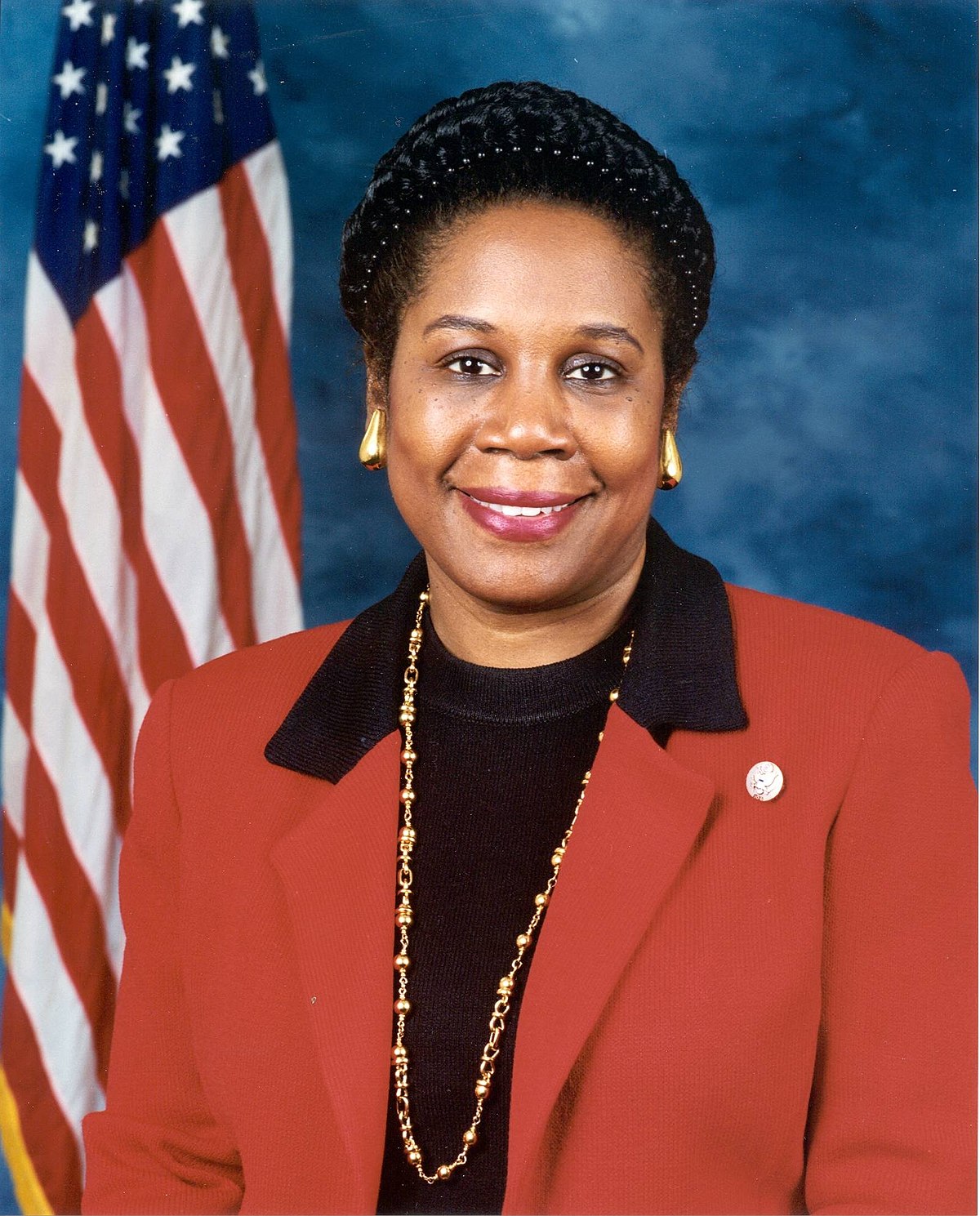-
-
BILL SPONSOR

-
Tom Graves
Republican - GA
-
-
TRACK BILL
-
Bill Progress
BILL INTRODUCED 11/20/2013
SENATE PASSED
HOUSE PASSED
PRESIDENT TO PRESIDENT
PRESIDENT SIGNS
-
-
-
H.R.3558 : To provide the Department of Homeland Security, U.S. Customs and Border Protection, and the Department of the Treasury with authority to more aggressively enforce customs and trade laws relating to textile and apparel articles, and for other purposes.
-
- Rate Bill
Not yet rated
-
Textile Enforcement and Security Act of 2013 - Expresses the sense of Congress that the U.S. Customs and Border Protection (CBP) and the Textile and Trade Agreements (TTA) division of the Office of International Trade within CBP should ensure that seizures, detentions, special operations, and Textile Product Verification Teams (TPVTs) remain the primary focus of their efforts to enforce U.S. customs laws with respect to imports of textile or apparel articles, particularly as they relate to enforcement of the North American Free Trade Agreement (NAFTA), the Dominican Republic-Central America-United States Free Trade Agreement (CAFTA-DR), and other free trade agreements and trade preference programs to prevent transshipments and origin fraud.
Requires the seizure and forfeiture of an imported textile or apparel article for which a trade preference has been claimed in cases where the importer: (1) has either misdescribed, not verified the article's country of origin, or used accompanying false documentation; or (2) provides false information as to his or her address or does not meet certain documentation or informational requirements upon entry of an article.
Requires the Secretary of Homeland Security (DHS), the CBP Commissioner, or the Secretary of the Treasury to use amounts from fines, penalties, and forfeitures of articles due to violations of the U.S. customs laws to pay for expenses directly related to special operations, TPVTs, and other enforcement actions, including expenses related to training and education of certain specialists who participate in the enforcement of such laws. Authorizes the use of such amounts also to pay for a reward of the lesser of at least 20% of that amount, value of property forfeited, or $20,000 to any person who furnishes information that leads to an arrest, conviction, civil penalty assessment, or forfeiture of articles due to violations enforced by the Secretary, the Commissioner, or the Secretary of the Treasury.
Directs the Commissioner to ensure specified staffing of the Textile Enforcement Branch, the Textile Policy Branch, and the Quota Branch of TTA.
Requires the Commissioner to certify, with respect to the 15 largest U.S. ports of entry for textile or apparel articles, that a certain number of Import Specialists are trained in preventing textile or apparel importer fraud, trade preference verification, classification, and undervaluation. Requires the Commissioner also to increase the number of dedicated textile and import specialists at such ports by 25%.
Amends the Tariff Act of 1930 to require the Secretary of the Treasury (who is now merely authorized) to publish in the Federal Register: (1) the names of persons located outside of the U.S. customs territories against whom the CBP has issued a penalty claim for violating U.S. customs laws, including for violations of quotas, duties, or trade preferences; and (2) a list of high-risk countries involved in the transshipment of textile or apparel products.
Requires the President, acting through the Commissioner and in coordination with the head of the Office of Textiles and Apparel of the Department of Commerce, to establish an electronic verification system for tracking textile or apparel articles imported or exported under the CAFTA-DR, NAFTA, or any other free trade agreement to which the United States is a party to ensure compliance with such agreements.
Directs the Commissioner to establish a new textile and apparel importer program that requires the CBP to adjust bond amounts for new importers of textile and apparel goods based on the level of assessed risk.
Requires the Commissioner to establish a nonresident importer declaration program for the import of textile or apparel articles.
Directs the President, acting through the Commissioner and in coordination with the head of the Office of Textiles and Apparel of the Department of Commerce, to establish an electronic Textile and Apparel Manufacturing Supplier Registry pilot program.




